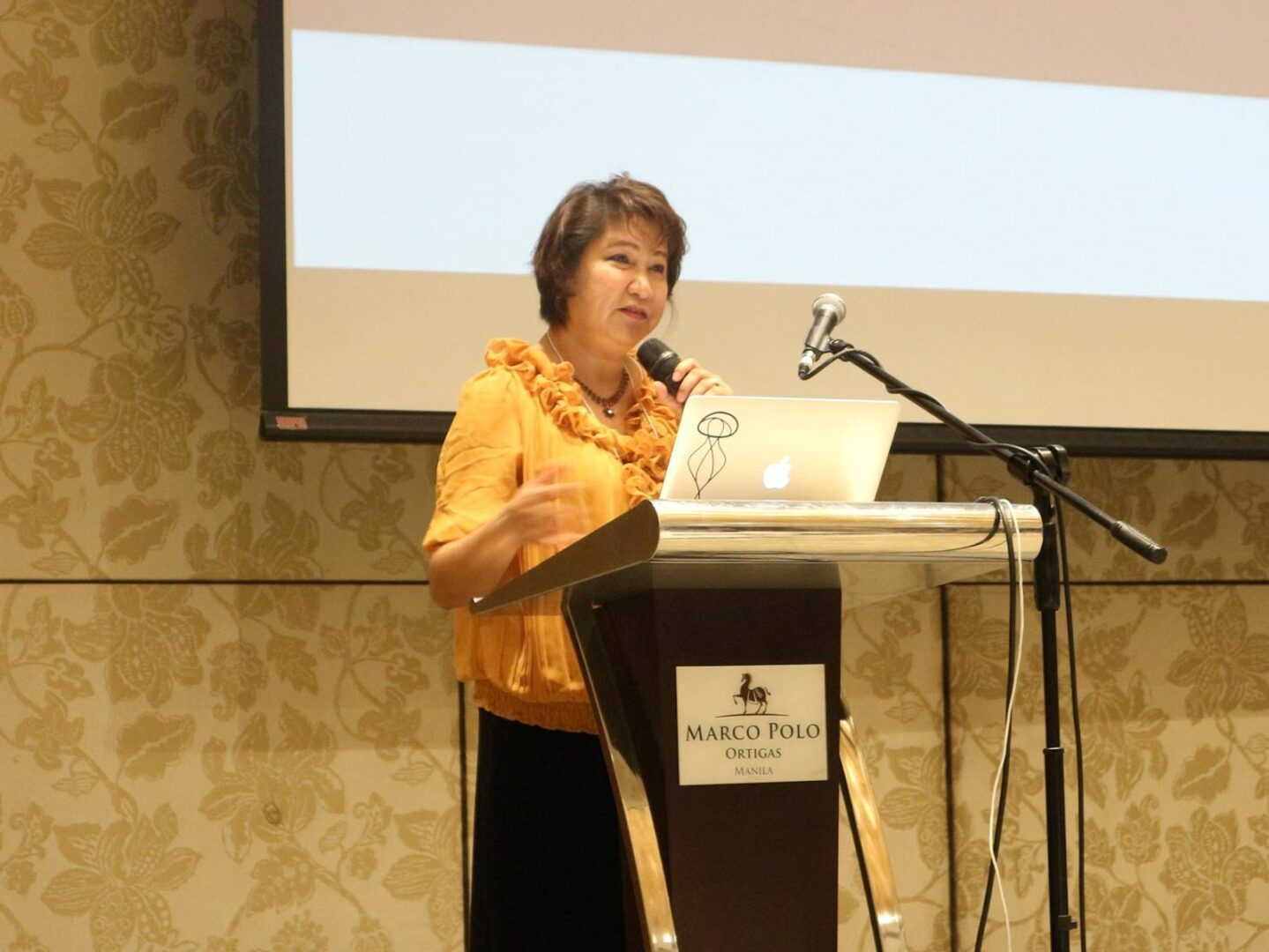The National Economic and Development Authority believes that the establishment of the Maharlika Investment Fund will prepare the Philippines to sustain and complete its development programs while targeting to become an “upper middle income country” by 2025.
In a news forum on Saturday, NEDA Undersecretary Rosemarie Edillon said the MIF could be a gateway for the Philippines to upgrade its current lower-middle income classification—a goal that has been outlined in the Philippine Development Plan for 2023 to 2028.
“This transition will have significant implications for the country’s fiscal situation and access to concessional loans, like the Official Development Assistance,” she said.
Based on the 2021 Philippine Statistics Authority data, the Philippines is under the lower-middle income classification with $3,000 or P182,438 gross national income per capita.
The GNI per capita of lower middle-income status ranges from $1,086 to $4,255.
Once the Philippines transitioned to upper middle-income status, Edillon said the country will no longer be qualified for concessional loans.
According to NEDA official, concessional loans offers low-interest rates and extended grace periods to countries with below upper middle-income status.
Once the Philippines achieves its target status, Edillon said the country will have to rely on market rates for debt financing, which she pressed “would be challenging for the government.”
Citing the impact of the COVID-19 pandemic in the country, Edillon said the Philippines were not able to raise its credit rating “to achieve the desired creditworthiness, which could have improved debt financing conditions.”
Hence, the Philippine government came up with exploring innovative ways to push for financing income-generating programs and attracting investments. Edillon said, one of which is the establishment of the MIF.
She underscored that the “MIF aims to attract equity financing rather than debt financing”— which allows investors to become partners in projects, sharing in the risks and rewards of the venture, such as the flagship infrastructure programs of the Marcos administration.
The MIF law is currently an enrolled bill, which will undergo legal scrutiny and awaits the President’s approval.
Once enacted, Edillon said the MIF will provide an additional avenue for development financing, particularly for projects that are considered risky “but strategically important and have the potential for long-term returns.”
Edillon also noted that the government is now working on the implementing rules and regulations of the MIF, which will help facilitate its operation and contribute to the country’s future investment and expenditure needs.
